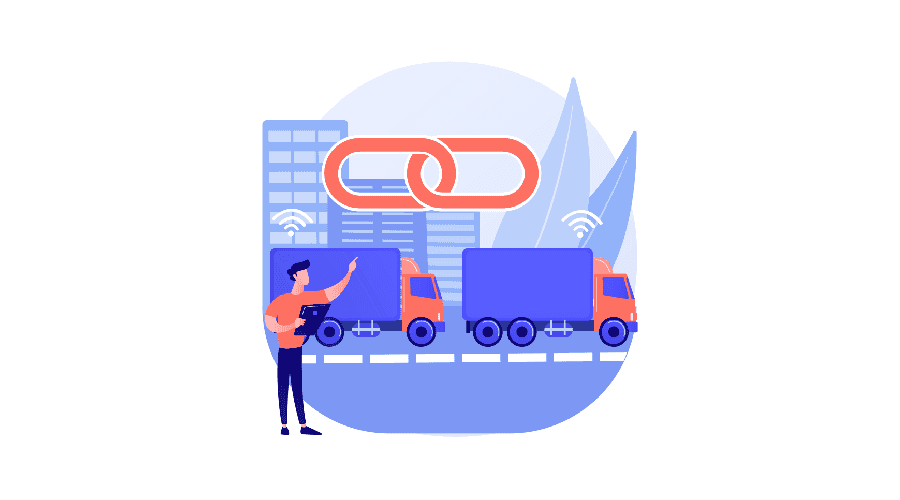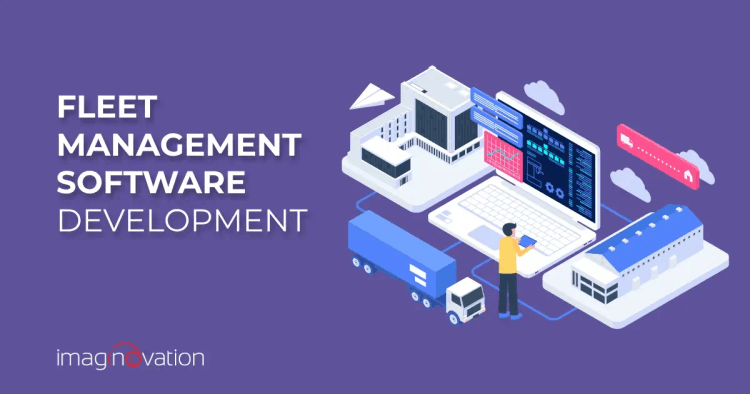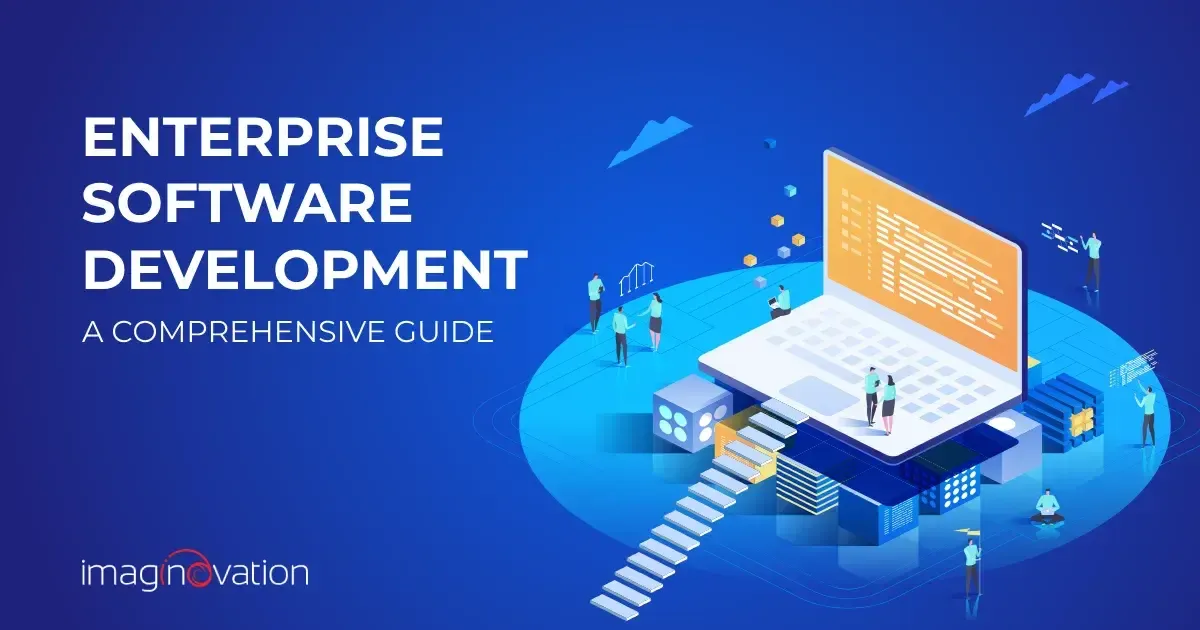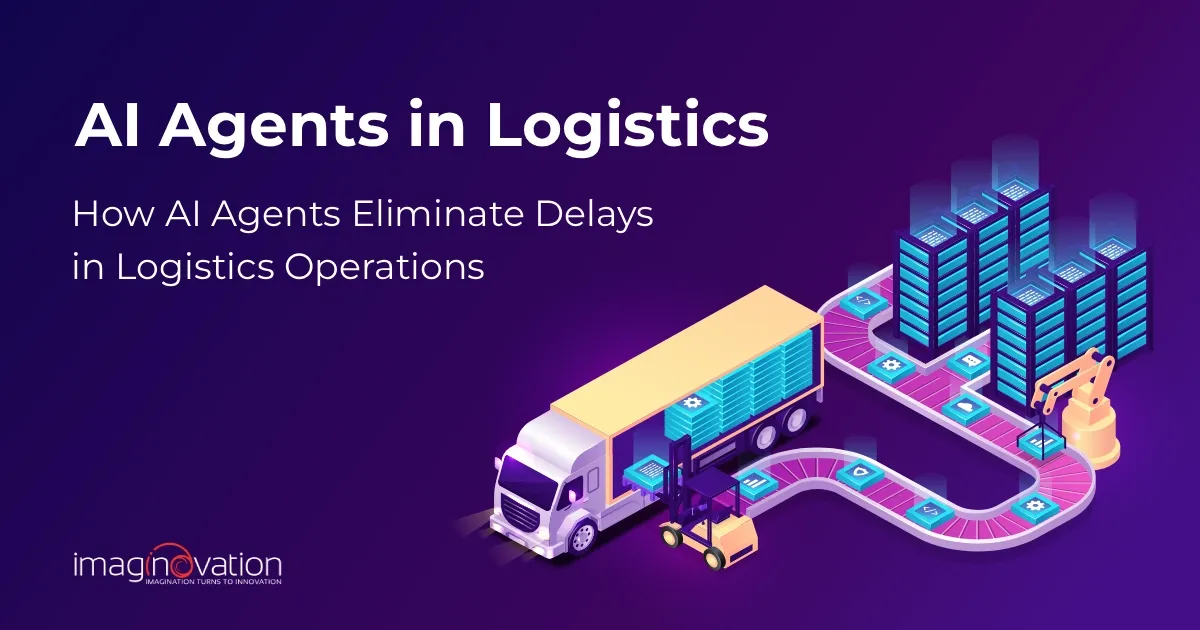To estimate the cost of building a website or an app, use our app cost calculator tool.
Fleet management is a multi-billion-dollar industry today. It's no wonder that business owners are always on the lookout for prospects to build top-notch fleet management software.
With emerging technologies such as AR/VR, artificial intelligence (AI), and machine learning (ML), fleet management systems can augment services.
It's time to leap forward to the future of mobility and make your business highly profitable. Tag along! In this article, we look at various aspects of fleet management software development.
What is Fleet Management Software?
FMS is a cloud-centralized technology solution that helps companies achieve better performance and profitability. The central cloud-based platform helps manage all vehicle, driver, and technician data. You’re right—there must be loads of data! How can you track tons of vehicle data? The centralized dashboard helps track temperature, speed, geographical location, route direction, etc.
It’s the FMS solution that performs some essential primary functions, which include:
- driver management
- vehicle tracking and diagnostics
- fuel management
- field service management
- vehicle maintenance
- asset and equipment tracking, and much more
FMS is indispensable today. The technology is powered by telematics devices, which help with actionable insights. Therefore, decision-makers can look at improving efficiency, productivity, and cost savings based on the data and insights.
The software also offers access to information on compliances like IFTA, ELD, DVIR, and more. Furthermore, whenever there are complex anomalies—modern FMS that blends AI and ML can help solve them.
Types of Fleet Management Software
With plenty of fleet management software, which one should you opt for? Let's first look at the main ones. Take time to learn the intricacies of various types vis-a-vis your business needs and goals. Subsequently, when you venture into fleet management software development, you can blend the applications that benefit you the most.
Fleet Maintenance
Vehicles must operate in good condition to be safe and reliable on the road. Fleet management can help with the requirement. Automating fleet operations can help with preventive maintenance, inventory tracking, repair logs, and reporting. The fleet maintenance software can be customized to include custom schedules and work orders, blending intuitive dashboards and ingenious features.
Delivery Management
Delivery management software (DMS) is an excellent solution for scheduling and tracking orders. It helps improve driver performance, optimize delivery routes, and meet customer satisfaction. DMS allows for automating dispatch operations. Furthermore, it helps managers assign tasks to delivery agents. Thereon, they can monitor the live location using geofencing technology.
Fuel Management
Tracking the fleet's fuel transactions is critical to optimizing fuel usage. This FMS type helps to optimize asset utilization based on fuel consumption trends. Managers can get insights into vehicles' maintenance history and drivers' information on a central platform.
Route Planning
There are some excellent route planning and optimization apps. The primary features include route planning and routing guides. With the features, it is easy to plan custom routes for cost-efficiency. Furthermore, managers can track and monitor driver progress on routes in real-time.
Truck Dispatch Software
Trucking dispatch software is an intuitive and easy-to-use app designed specifically for freight brokerage companies. Among the many features, the popular ones include GPS tracking, freight brokerage, scheduling, regulatory compliance, route optimization, and rates and quote management. The ingenious features help to improve cargo planning and simplify the RFP process with carriers.
Why Companies Need Fleet Management Software?
Here's an exciting statistic—the fleet management market was valued at USD 22 billion in 2021. Experts predict it will touch $34 billion by 2025 at a Compound Annual Growth Rate (CAGR) of 11.3%. The numbers speak of considerable opportunities that one can look out for. Let’s examine some undeniable benefits and why you must consider having an FMS.

1. Reduce Costs
Challenge: One of the primary challenges is reducing operation costs. There are costs for fuel, maintenance, and vehicle repair. A system that can provide detailed analytics allows for tracking and analyzing of costs and developing effective and cost-saving strategies.
The solution: Enter fleet control software! The software can help to reduce vehicle operating expenses (OPEX). An FMS offers built-in tools, such as GPS tracking, that help reduce overall costs through valuable insights into a fleet.
2. Managing Fleet Remotely and Monitoring Performance
Challenge: When there is no real-time visibility of a particular vehicle, it may surmount any difficulties. Monitoring driver performance to check the driving patterns, including idling, sharp braking, or cornering, is also critical. To ensure total compliance and safety and to boost drivers' efficiency, it is significant to have a system in place.
The solution: An FMS can effectively manage the daily operations of fleets of any size. The platform lets users to view every aspect remotely, with the help of built-in GPS tracking and other blended emerging technologies.
3. Improved Safety
Challenge: The safety of drivers, vehicles, and cargo is a priority. Accidents will increase costs for repairs or downtime. If the worst happens, a life-threatening situation could also occur.
The solution: An FMS that ensures robust reporting procedures and implements the health and safety policy is needed. The FMS includes a driver behavior facet with a video recording feature. This feature makes it easy to gain insights into fleet drivers' habits and behaviors. The data helps to take corrective action, prevent damage, and boost safety.
4. Fuel Consumption Control
Challenge: Fleet managers are always concerned about increased fuel costs. With market fluctuations influencing prices, ways to reduce fuel consumption and costs can help.
The solution: A step towards sustainable logistics is strict control over fuel consumption. An FMS can help with alerts and updates on various aspects, such as when a truck exceeds the daily mileage limit. With telematics solutions, managers can get essential insights into fuel consumption management. For example, allowing the engine to work when idling causes more fuel consumption. Thus, an alert to the driver to stop the engine while it stays idle for dispatch or loading can help.
5. Preventative Maintenance and Wear-out Control
Challenge: Unexpected maintenance problems can seriously interfere with the fleet's normal operations. If not addressed in time, the issues can become severe and require expensive repairs.
The solution: With AI and other niche technologies, routine maintenance of your fleet vehicles can be scheduled to prevent costly breakdowns. With AI blended into your FMS app, the system can suggest the need for repairs or replacement and notify you in advance. The alerts can prevent costly repairs, outwear, and any downtime.
6. Route Optimization
Challenge: At times, your fleet or a third-party fleet may have to travel on a longer route. It can lead to more time on the road and increased operational costs.
The solution: Optimizing routes can also help save fuel costs and vehicle maintenance. Route optimization can save up to 20% on fuel costs. With an FMS that can offer real-time data and constant communication on the needed route optimization, drivers can arrive at the destination using the best routes. Plus, it will help to work out challenges related to weather, traffic, and other unforeseen environmental factors.
7. Up-to-date with Compliances
Challenge: Fleet managers must be responsible for staying up-to-date with changing regulations. They must also know the latest environmental standards, and regulations regarding vehicle inspections and driver hours of service to avoid fines and legal issues.
The solution: One of the most significant benefits of fleet management is the ability to compile data and offer a quick and central repository of up-to-date regulations, which helps to cater to them to avoid fines and legal issues.
Key Features of Fleet Management System
Let's take a look at the key features of the fleet management system
GPS Vehicle Tracking
![]()
GPS vehicle tracking is a feature that can help with vital insights. One can access information including mileage, vehicle state, fuel consumption, and the vehicle's route, etc. Moreover, it enables the monitoring of the vehicle’s real-time location. The feature makes tracking vehicles' movements, ensuring timely deliveries, and optimizing routes easy. GPS technology can improve service, customer satisfaction, and accountability.
Routing Planning
Route planning is an essential feature of an FMS. The feature uses predictive analytics to plan the daily routes for the drivers, optimize fleet operations, and reduce transportation costs. The software can analyze traffic conditions and, based on vehicle capabilities, help create the most efficient routes.
Driver Management
Driver management can be tedious. An FMS that analyzes driver behavior and performance can assist in establishing KPS and other vital metrics that are significant for your business operations. Driver management features include an RBAC (role-based access control), earnings calculator, and driver and delivery schedule.
Fuel Monitoring
Fuel monitoring helps to check all fleet trucks' fuel levels automatically. Plus, it offers the average frequency of refueling. With insights into real-time visibility of possible leaks and theft cases, the feature can display warnings. Furthermore, it helps with numerous notifications showing tank fuel levels.
Trip Logging and Mileage Calculation
The trip log function automatically tracks and gathers real-time data points for each journey. It uses electronic vehicle trackers and eliminates using logbooks and spreadsheets. Yet another significant feature is the mileage calculation, which computes mileage for your fleet. It is a great way to maximize performance and achieve high tax deductions.
Fleet Maintenance
The fleet maintenance feature helps to optimize vehicle maintenance. An FMS can stem breakdowns, reduce repair costs, and ensure the fleet vehicles remain in optimal shape.
ELD Compliance
The electronic logging device (ELD) compliance features ensure that you adhere to regulatory requirements. The feature ensures that businesses mitigate compliance risks and maintain regulatory compliance.
Analytics and Reporting
Analytics and reporting offer valuable insights into fleet performance. Customizable reports and dashboards enable fleet managers to make data-driven decisions to achieve business objectives.
Steps to Building Fleet Management Software
Building fleet management software involves several steps, from defining requirements to development and testing. Let’s look at some essential steps to get started.
Define Requirements
First, identify your fleet management software’s needs and business goals. Consider features such as real-time tracking, vehicle maintenance, fuel management, driver monitoring, reporting, and analytics.
It will help you focus on the type of fleet management software you wish to develop. For example, the business goal may be to reduce fuel costs, so you may choose to develop a fuel management app.
Next, start with the requirements-gathering phase. Partnering with a proficient software development vendor who can explain the relevant solutions is prudent.
Market Research
Analyze existing fleet management solutions to understand their features, strengths, and weaknesses. Identify potential gaps in the market that your software can address. In this phase, you can also research the appropriate tech stack needed for the project.
Choose Technology Stack
Next, decide on the technology stack for your software, including programming languages, frameworks, and databases. Consider scalability, security, and compatibility with future updates. Emerging technologies, such as telematics, AI, ML, AR/VR, and IoT, can be researched for their benefits. The best-fit tech stacks must be used to develop state-of-the-art fleet management software solutions.
Find a Reliable Software Development Company
Before you start developing, it is vital to do a SWOT analysis. Here, you can evaluate your in-house development team's strengths. A good option is to find an experienced tech-savvy partner, such as Imaginovation, proficient in developing top-notch fleet management software solutions. Hiring an experienced technical partner can help you embed the right business logic and build a scalable and robust solution.
Design and UX
The design stage is where one plans to build a positive user experience. The UX/UI design process is collaborative, where designers and UX experts come together to create a functional and elegant system. The phase is based on detailed analysis and an iterative approach to reduce usability errors.
Development
During the development phase, start building the core functionalities of your fleet management software. Depending on your business needs, focus on security measures to protect sensitive data. Furthermore, real-time tracking, reporting, and other key features should be implemented at this stage.
Integrate with external systems, such as GPS devices, sensors, and third-party APIs for weather or traffic data. For a high-quality solution, it is essential to ensure seamless communication between different modules of the software.
User Authentication and Authorization
As the software is developed, it is essential to implement secure user authentication to control access to the system. It will help to define roles and permissions for different user levels (administrators, managers, drivers, etc.).
Testing and Deployment
After the development phase, conduct thorough testing to identify and fix bugs or issues. Testing will be an iterative process for those who opt for an agile way of developing code. Functional, integration, and security testing are essential. Deploy the fleet management software in a controlled environment. Ultimately, monitor the system for any issues during the initial rollout.
Maintenance and Updates
The development phase doesn’t stop with the development of a successful product; it is essential to establish a maintenance plan to address issues promptly. Plan for regular updates and improvements based on user feedback and emerging technologies.
Establishing a support system to assist users with any issues or questions they may have will help. Consider implementing a feedback mechanism to gather user input for future enhancements.
Compliance and Regulations
Ensure that your fleet management software complies with relevant industry regulations and standards and geographic locations where it will be used.
Wrapping Up
In today's fast-paced world, utilizing high-quality fleet management software can enhance the overall efficiency of business operations. With exciting benefits, businesses must make the most of making their business profitable with a top-notch FMS. It's time to pave the way forward with a futuristic FMS solution. Get ready to transform into a next-level fleet management system.
Build a Powerful Fleet Management System with Imaginovation
Are you ready to take your business to the next level with robust and secure fleet management software? To build a high-quality fleet management system with tech-savvy experts, talk to us.
We are an award-winning software development company in Raleigh with incredible experience developing game-changing FMS solutions that can give you a competitive edge.
Let's talk.











